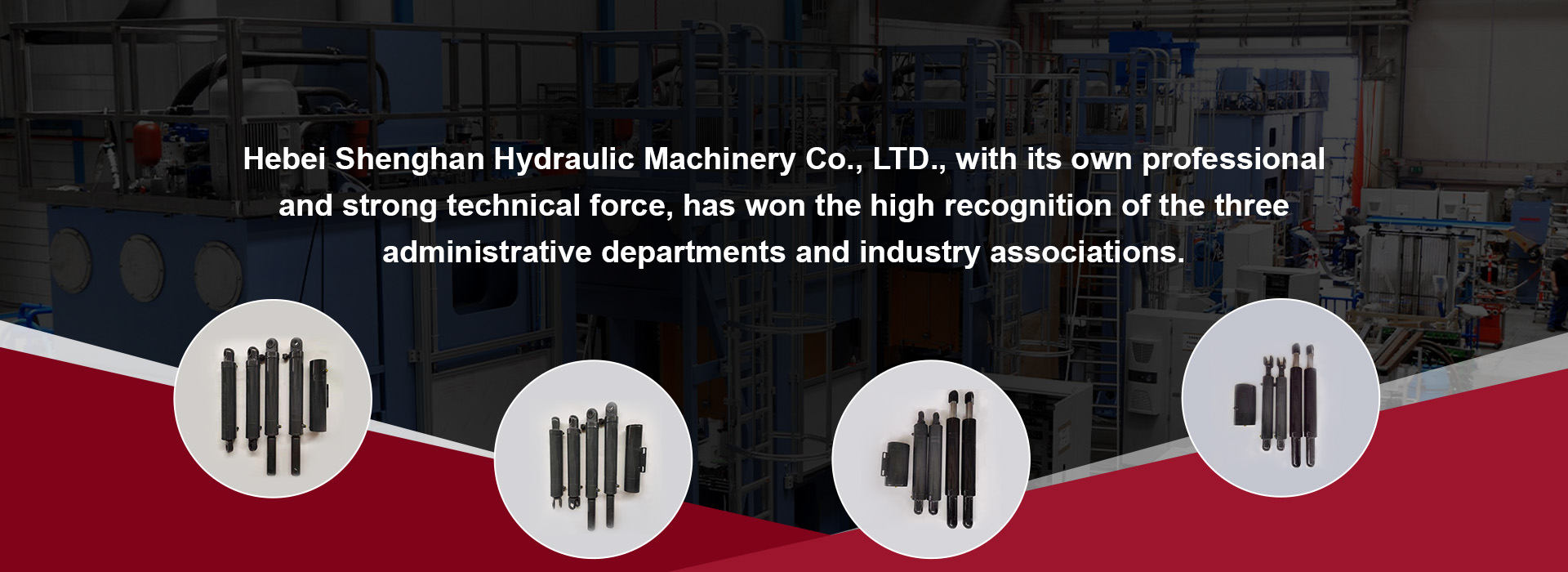Sep . 13, 2024 11:50 Back to list
pump for hydraulic cylinder manufacturers
Choosing the Right Pump for Hydraulic Cylinder Manufacturers
Hydraulic cylinders are essential components in various industrial applications, providing the force needed to lift, push, pull, and perform other mechanical tasks. The efficiency and effectiveness of these cylinders largely depend on the hydraulic pumps used in their systems. For manufacturers of hydraulic cylinders, selecting the right pump is crucial for optimizing performance and reliability.
Hydraulic pumps convert mechanical energy into hydraulic energy, creating the pressure necessary for hydraulic systems to operate. There are several types of pumps available, including gear pumps, piston pumps, and vane pumps, each offering unique advantages depending on the application. For manufacturers, understanding the differences between these pump types is vital.
1. Gear Pumps These are commonly used in hydraulic systems due to their simplicity and reliability. Gear pumps are capable of delivering high efficiency and can operate under various pressures. They are ideal for applications requiring a continuous flow, making them a popular choice for hydraulic cylinder manufacturers. However, they are not suitable for applications requiring variable flow rates.
2. Piston Pumps If precision and high pressure are critical, piston pumps are often the choice. They can handle higher pressures compared to gear pumps and are ideal for applications requiring controlled movements. While they are generally more complex and expensive, their ability to deliver variable flow rates makes them suitable for hydraulic cylinders that operate under varying loads.
pump for hydraulic cylinder manufacturers

3. Vane Pumps These pumps offer a balance between performance and cost. They can provide a moderate pressure range and are usually quieter than gear pumps. Vane pumps are versatile and can be used in various applications, making them an appealing option for manufacturers who require flexibility.
When selecting a pump, manufacturers must also consider factors such as flow rate, pressure requirements, and the type of fluid being pumped. Additionally, durability and maintenance needs are important, as hydraulic systems often operate in demanding environments.
Another consideration is the efficiency of the pump. Energy-efficient pumps not only reduce operational costs but also minimize wear and tear on the entire system, extending the life of the hydraulic cylinders themselves.
In conclusion, hydraulic cylinder manufacturers must carefully evaluate their specific needs and the characteristics of various pump types when making a selection. By understanding the capabilities and limitations of each pump type, manufacturers can ensure they choose the optimal solution for their hydraulic systems. This not only enhances the performance of their cylinders but also contributes to overall operational efficiency in their applications.
-
Fork Lift Power Units - Hebei Shenghan | Efficiency, Reliability
NewsJul.13,2025
-
1.5-Ton Turbocharged Cylinder-Hebei Shenghan|Hydraulic Solution,Energy Efficiency
NewsJul.13,2025
-
Auto Hoist Power Units-Hebei Shenghan|Efficiency&Industrial Lifting
NewsJul.13,2025
-
Double Acting Power Units-Hebei Shenghan|Hydraulic Solutions,Industrial Efficiency
NewsJul.13,2025
-
1.5 Ton Lifting Cylinder 70/82-40-290-535 - High-Performance Hydraulic Solution | Hebei Shenghan
NewsJul.13,2025
-
Fork Lift Power Units - Hebei Shenghan | Efficiency&Reliability
NewsJul.13,2025
